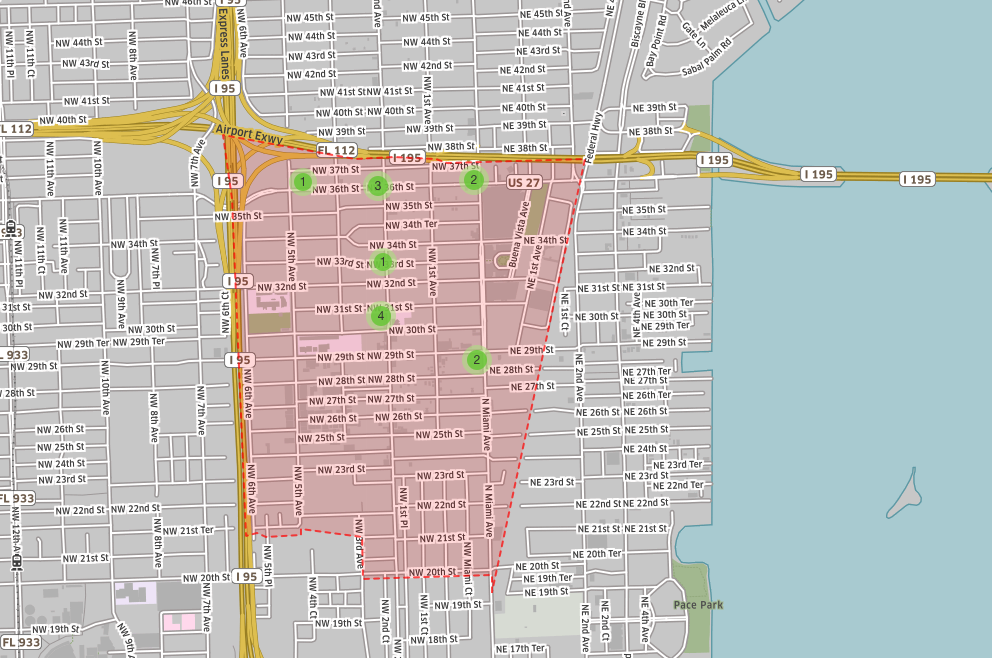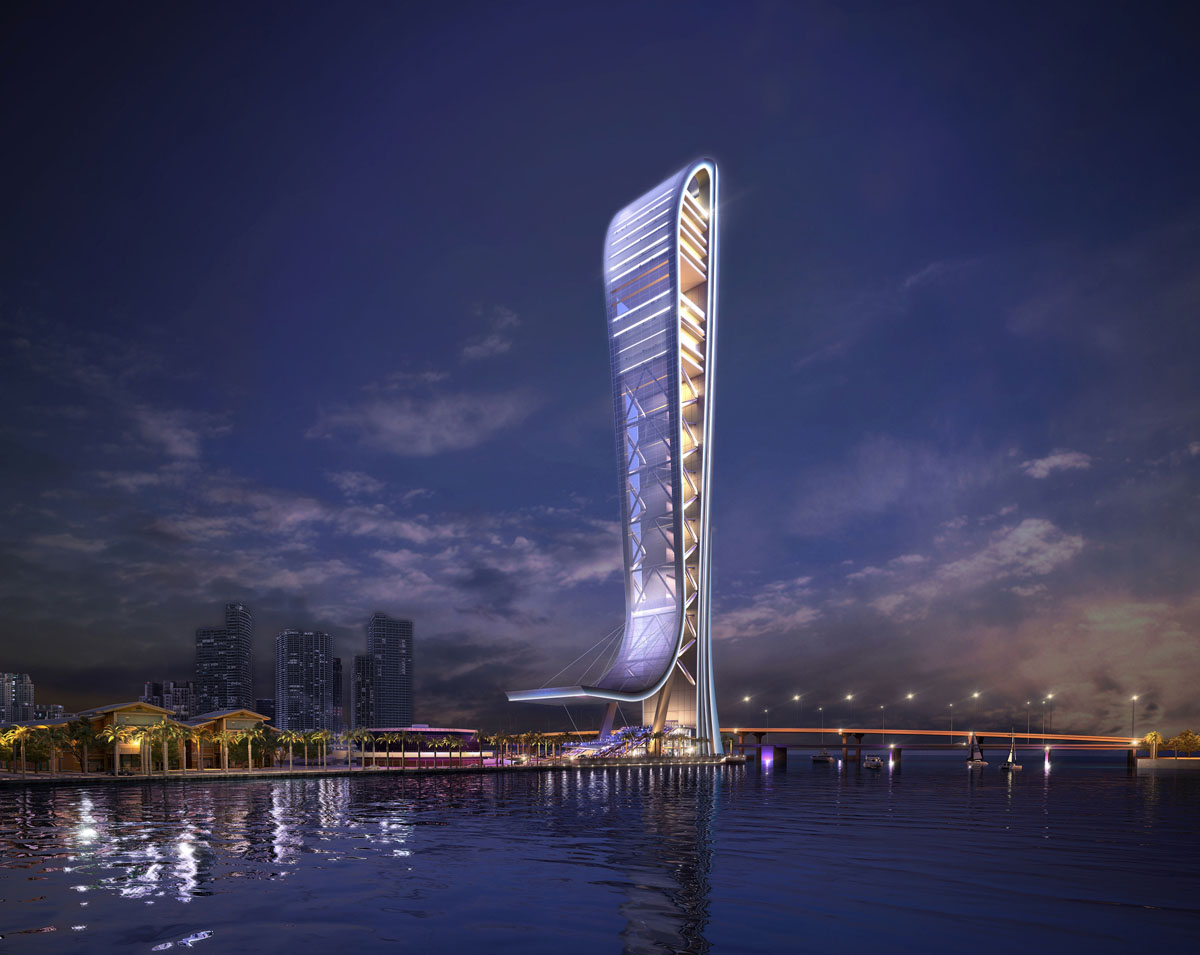Liquor and tobacco licenses have exploded in Wynwood, Miami’s most famous arts district, and Midtown Miami, its more yuppie-ish conjoined twin, over the last six years by a whopping 877%. This is a significantly higher increase over the 174% average across Miami, and a major indicator of the direction the two neighborhoods are growing, according to data compiled by Gridics. Between I-95, NE/NW 20th, Biscayne Boulevard, and I-195, 66 alcohol and tobacco licenses were granted since January 1st 2010 for restaurants, bars, and other establishments like Sugarcane on Midtown Boulevard, and Gramps on NW 24th Street. Wynwood even has a microbrewery scene. Three out of those 66 licenses are tobacco permits. Expired permits are not included.
Liquor and tobacco licenses have exploded in Wynwood, Miami’s most famous arts district, and Midtown Miami, its more yuppie-ish conjoined twin, over the last six years by a whopping 877%. This is a significantly higher increase over the 174% average across Miami, and a major indicator of the direction the two neighborhoods are growing, according to data compiled by Gridics. Between I-95, NE/NW 20th, Biscayne Boulevard, and I-195, 66 alcohol and tobacco licenses were granted since January 1st 2010 for restaurants, bars, and other establishments like Sugarcane on Midtown Boulevard, and Gramps on NW 24th Street. Wynwood even has a microbrewery scene. Three out of those 66 licenses are tobacco permits. Expired permits are not included.
The surge in licenses is an indicator that a new era for the two neighborhoods has emerged over the past few years. Wynwood’s first wave of gentrification, when pioneering artists turned vast derelict warehouses into canvases of public art, and Midtown’s early development phase, when its lively sidewalk restaurant scene was being formed underneath a half-built megaproject, are over, and a second wave of development, with both areas reaching much more mature states of development, has firmly begun. The majority of Midtown and Wynwood’s total of 79 permits are 71 ‘retail alcoholic beverage’ and four are ‘retail tobacco permits.’ The majority of all three types of permits were approved after January 1st 2010.
“Wynwood will soon reach critical mass and a saturation point” -Tony Cho
As for the future, according to Wynwood-based broker and developer Tony Cho of Metro 1, “There is talk about expanding the cafe district and expanding the number of warrants up to 75, as well as distributing them more evenly across the district,” referring to the special permits required in addition to liquor licenses within the cafe district. Cho, however, believes the demand for additional licenses and warrants will eventually relax. “Wynwood will soon reach critical mass and a saturation point” he said. Perhaps this will happens concurrent with an expected increase in residential development, also due to the rezoning within the Wynwood Neighborhood Revitalization District. Meanwhile, Carlos Rosso, President of the Related Group’s condo division, which along with Dezer Development is building the upcoming Hyde Midtown residential and hotel tower on Midtown Boulevard, says there is no end yet in sight. Rosso says with more than 1,000 new residential units being built in Midtown and surrounding neighborhoods “More people equals more food.” And with more food, comes more drinks. Finally, with more food and drinks, and Midtown’s remaining prime developable land (multiple blocks set aside for condo towers remain empty) will come more people and residential construction.
Since its inception as a mixed-use development on a former railroad yard in the 2000s, Midtown was designed to have lively street level dining and entertainment. By 2010 its only alcohol or tobacco license was had been granted to the Target store on 36th Street and Buena Vista Avenue, in the first phase of the megaproject to be completed. Now it has 15, with more to come as new commercial space comes available in a number of buildings currently and soon-to-be under construction. Wynwood’s restaurant and bar scene by 2010 was (if it could even be called a scene) centered along 36th Street and completely absent from the center of the arts district. It was accelerated by booming popularity of the artsy neighborhood as well as the creation of a cafe district with relaxed restrictions, and the more recent approval of the Wynwood Neighborhood Revitalization District, which rezoned much of the neighborhood to improve patterns of development and wipe away many of the restrictions imposed by its former industrial use.

Alcohol and tobacco licenses in Wynwood & Midtown.



